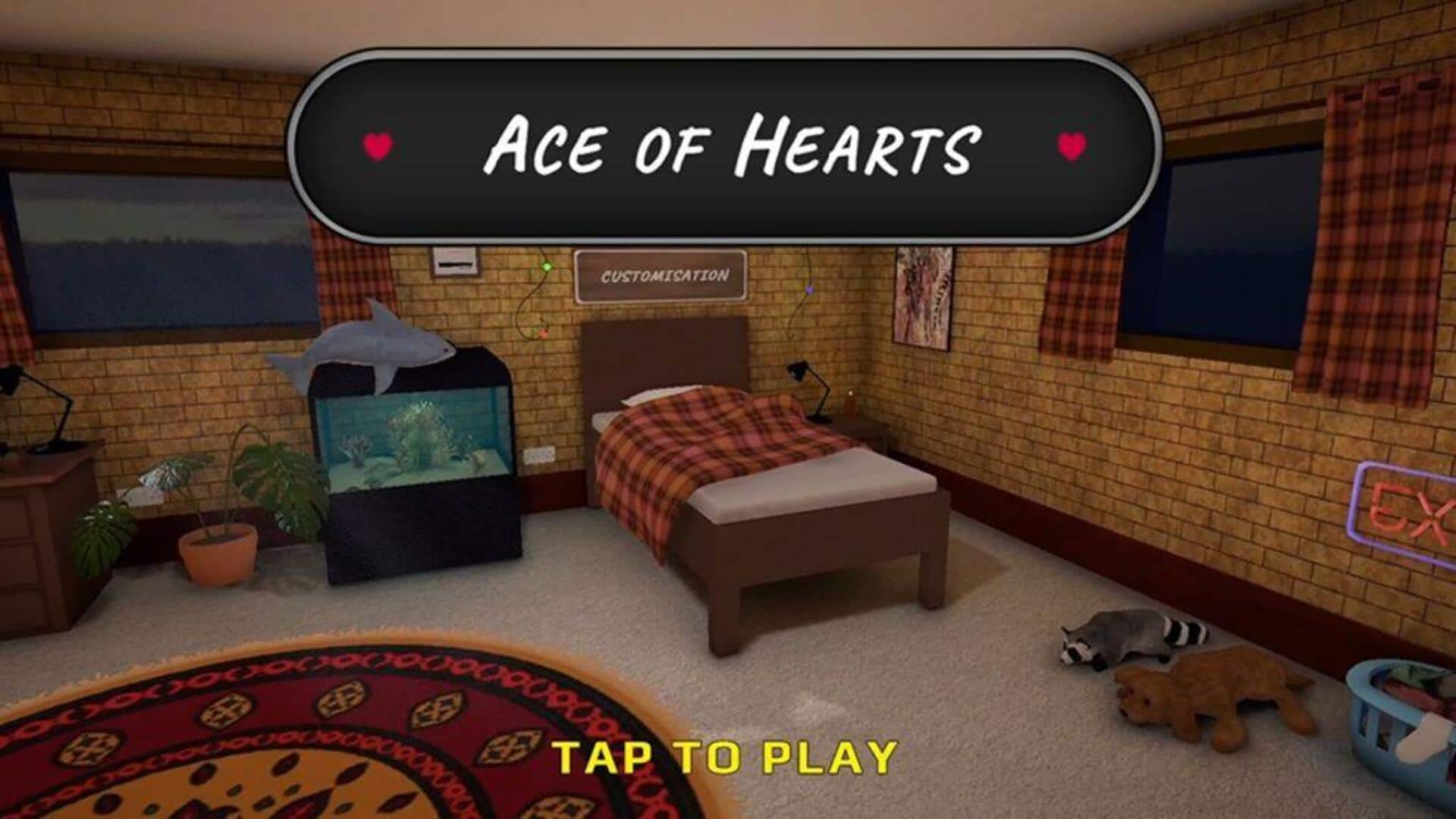
'Ace of Hearts': New video-game helps youth navigate childhood trauma
What's the story
A team of game designers from Cornwall has developed a "serious" video game, Ace of Hearts, to help young people deal with adverse childhood experiences. The game tackles issues such as bereavement, poverty, and substance abuse. It was designed by developers at the University of Falmouth, UK, in collaboration with young people as part of a £35 million UK-wide program focused on youth mental health.
Game purpose
Main goal is to spark conversations afterward
The primary goal of Ace of Hearts is to spark conversations about mental health. Graham Smith, a software designer at Falmouth University, emphasized this point, saying, "The main purpose of the game is to get people to talk about it afterwards." He also stressed the importance of being cautious and empathetic while dealing with such sensitive topics in games.
Youth perspective
Gaming can be used to help, says a 14-year-old
Ainaya, a 14-year-old who attended a youth mental health event at Falmouth University, shared her thoughts on gaming. She said, "I definitely think gaming can be used to help, especially when you meet new people." Ainaya highlighted how it can be easier for young people to talk about their problems in a gaming environment rather than with professionals they have to wait long for.
Project scope
Ace of Hearts is part of ATTUNE project
Ace of Hearts is part of the ATTUNE project, which uses different arts-based methods, including gaming, to explore young people's experiences and understandings of mental health. The project is part of a larger program called Adolescence, Mental Health and the Developing Mind Programme. It is funded by UK Research and Innovation and led by the Medical Research Council with support from Arts and Humanities Research Council and Economic Social Research Council.